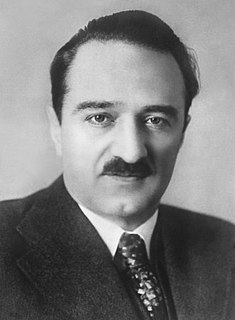A Quote by Charles Evans Hughes
The liberty of the press is not confined to newspapers and periodicals. It necessarily embraces pamphlets and leaflets.
Quote Topics
Related Quotes
Is the relinquishment of the trial by jury and the liberty of the press necessary for your liberty? Will the abandonment of your most sacred rights tend to the security of your liberty? Liberty, the greatest of all earlthy blessings - give us that precious jewel, and you may take every things else! . . . Guard with jealous attention the public liberty. Suspect every one who approaches that jewel.
As people get their opinions so largely from the newspapers they read, the corruption of the schools would not matter so much if the Press were free. But the Press is not free. As it costs at least a quarter of a million of money to establish a daily newspaper in London, the newspapers are owned by rich men. And they depend on the advertisements of other rich men. Editors and journalists who express opinions in print that are opposed to the interests of the rich are dismissed and replaced by subservient ones.
Liberty lives in protest and democracy prospers under conditions of change. When we travel about the world and come to a country whose newspapers are filled with bad news we feel that liberty lives in that land. When we come to a country whose newspapers are filled with good news, we feel differently.
I was like one of those newspapers, those periodicals. There's all different kinds of alcoholics. There's the everyday kind: that's the consistent one. That's what people think an alcoholic is-but an alcoholic is basically just someone who's allergic to alcohol. That's all it means. It's just an allergy.

































